Summary: Learn why yellow jackets seem more aggressive in autumn, what’s happening inside their colonies, and how to reduce risky encounters around...
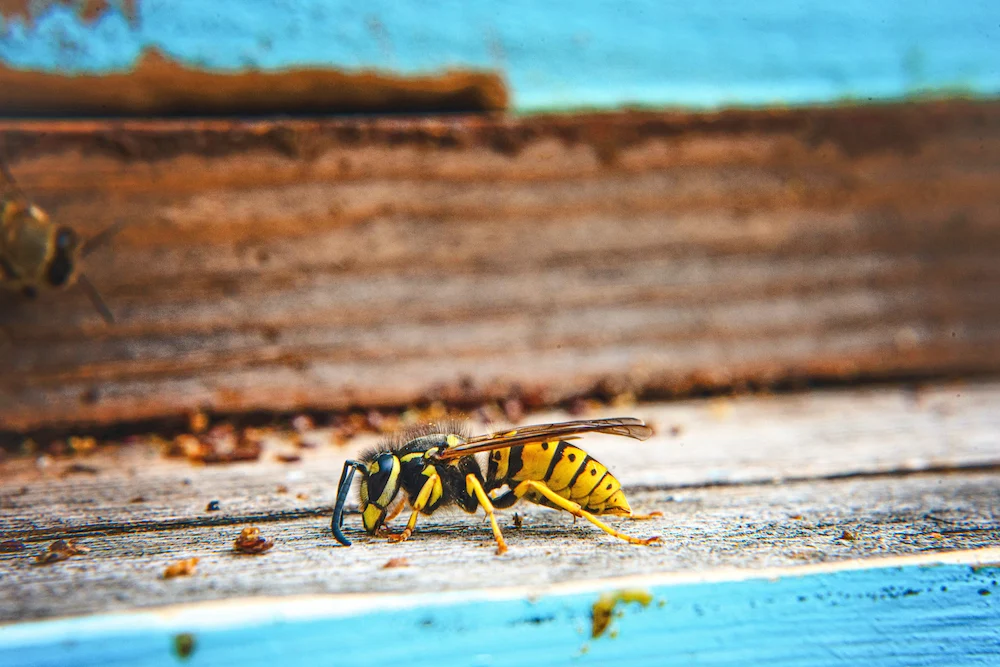

Summary: Learn why yellow jackets seem more aggressive in autumn, what’s happening inside their colonies, and how to reduce risky encounters around...
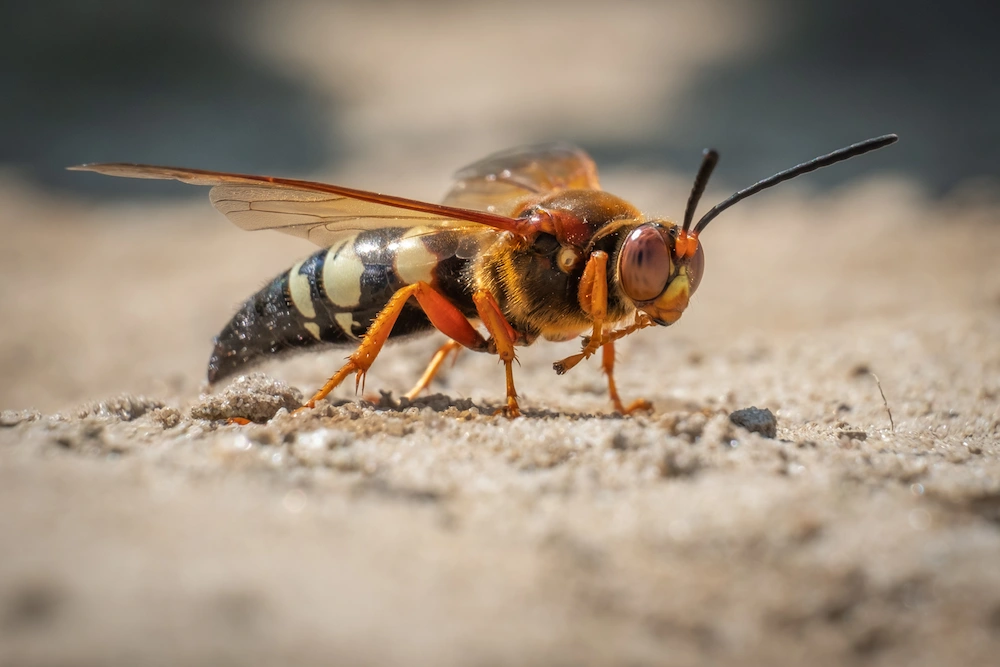
Summary: The summer temperatures are officially heating up, which gives stingers more energy. This blog explains the basics of 6 infamous stingers...
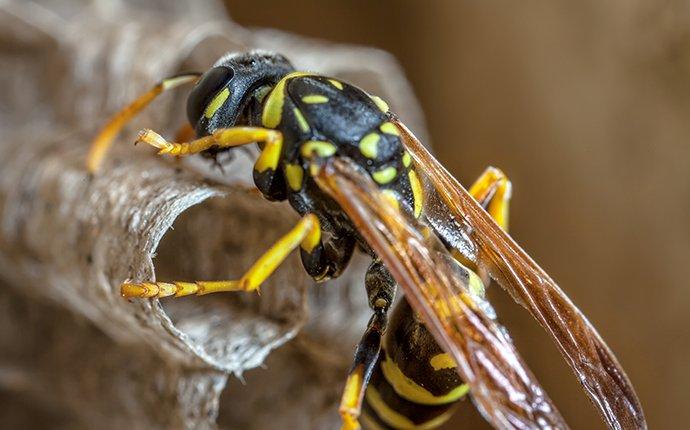
How much do you really know about wasps? Although wasps are common Houston pests, there are still many property owners who have unanswered questions...
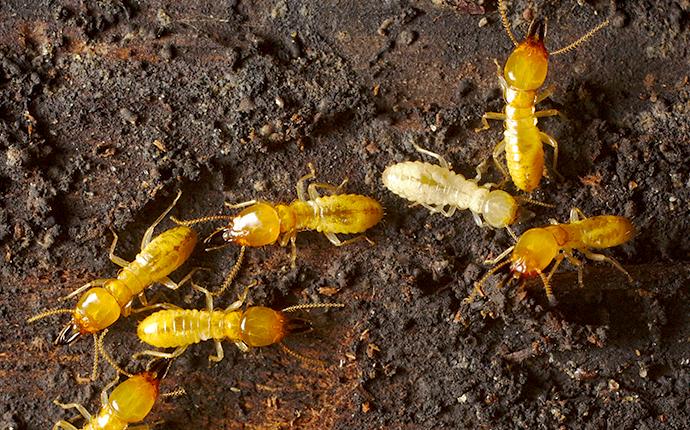
Termites in Houston are known as silent destroyers because they can live on your property, feed on wooden structures, and cause thousands of...
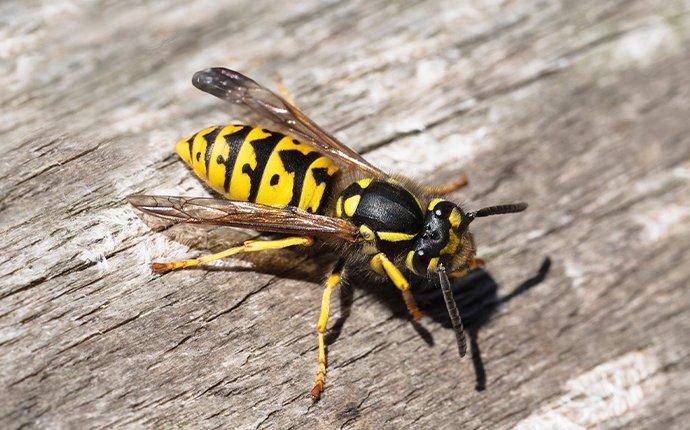
Bees are one thing, but wasps? Nobody wants to deal with them. They can repeatedly deliver a painful sting and can produce a pheromone that causes...
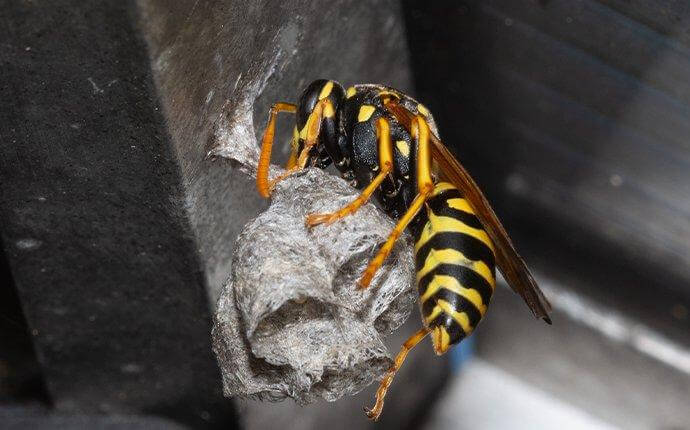
Before your home was built, a lot of work had to be done around your property. Trees were removed, the ground was leveled, and materials were...
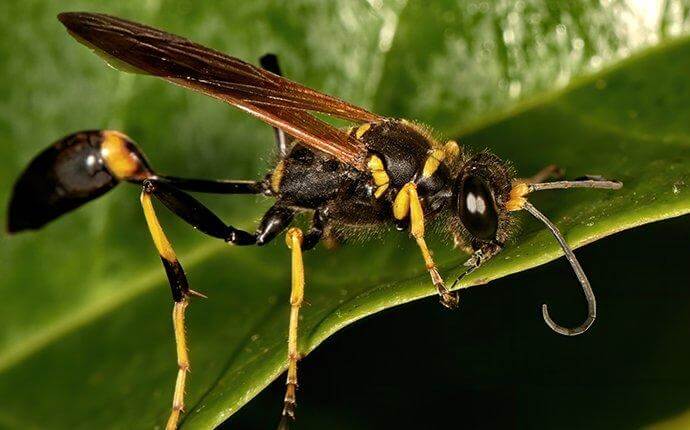
There are many species of stinging insects in and around the San Antonio area. Whether it is wasps, hornets, mud daubers, or bees, how do you know...
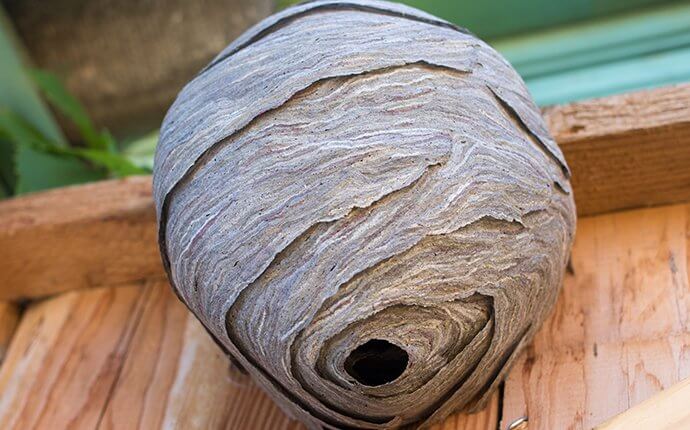
Stinging insects of all stripes are potentially dangerous, especially for those who are allergic. But aggressive and territorial hornets are some of...
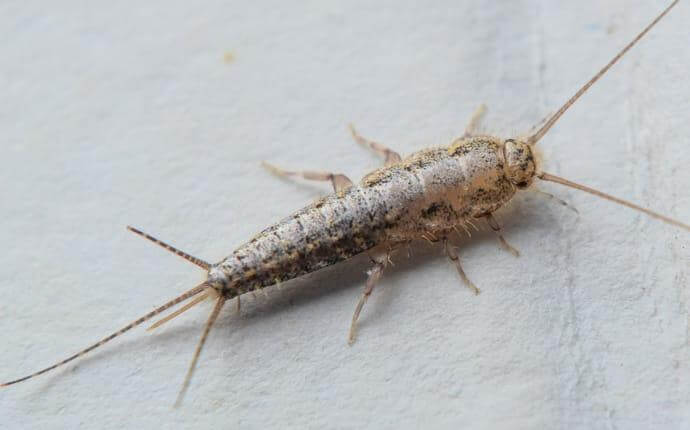
The key to keeping insects and creatures out of your Houston home or business is studying. You have to read about the description and operation of...
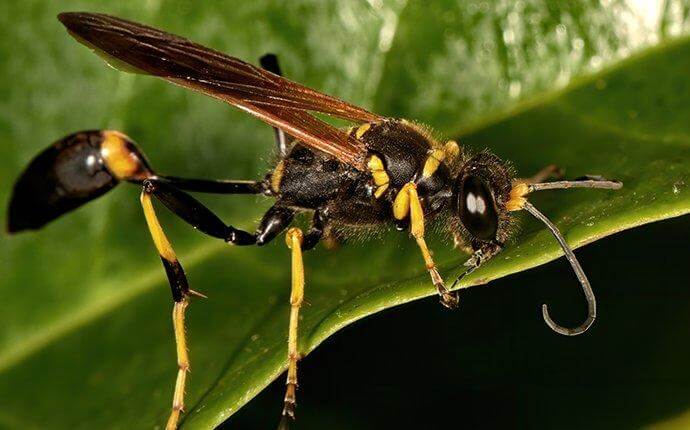
Dallas residents experience different wasp populations throughout the year, but a lesser-known wasp species is the mud dauber. Many Dallas...
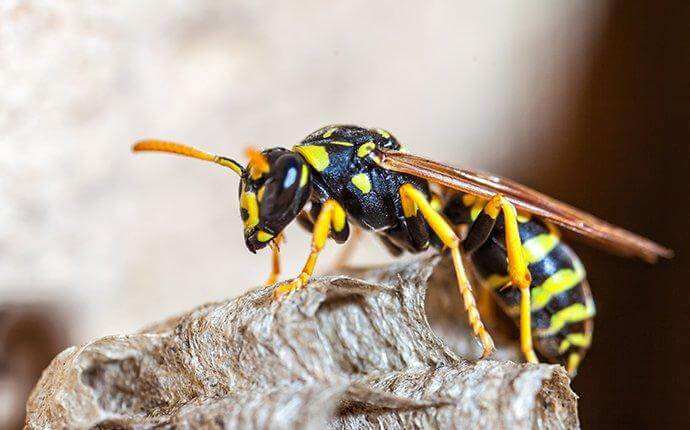
Not knowing all of the traits of various pest varieties can leave people with the wrong idea of how dangerous an infestation can be. Stinging...
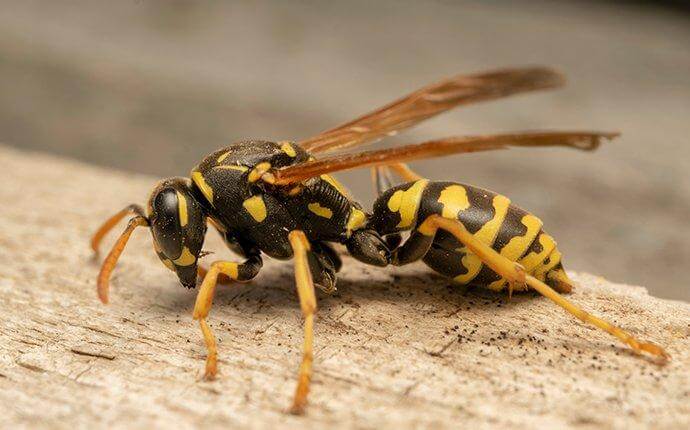
Flying insects and creatures tend to alarm people. Sometimes, it’s because they can appear suddenly and have unpredictable movements. In other...
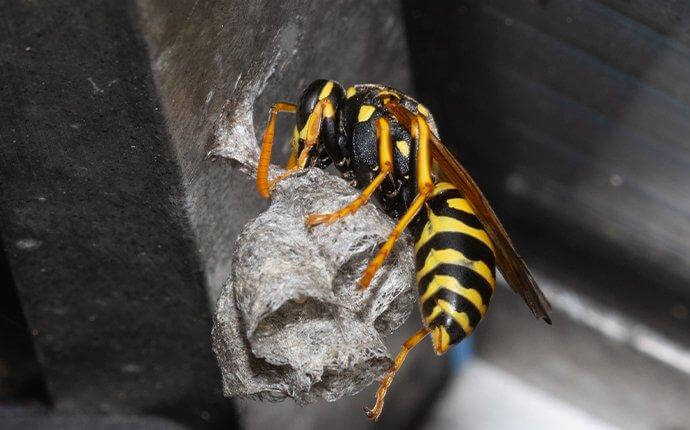
A common pest in the Houston area is the paper wasp. There is a lot you probably know about them. You know that they sting. You know that they...
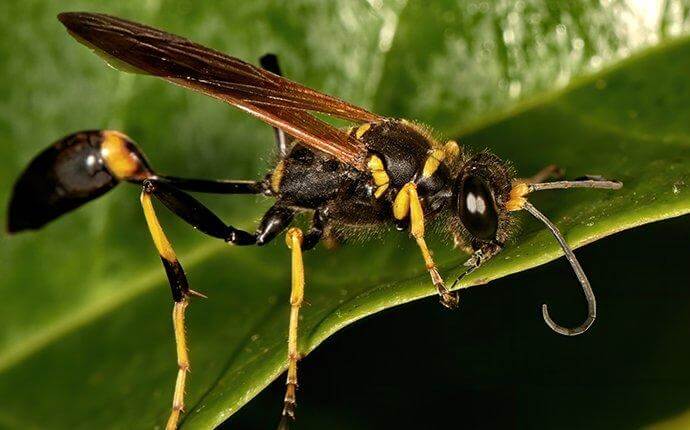
Chances are as a Houston homeowner, you’ve heard about several pests ranging from flies to termites. However, it’s not likely you’ve heard about a...
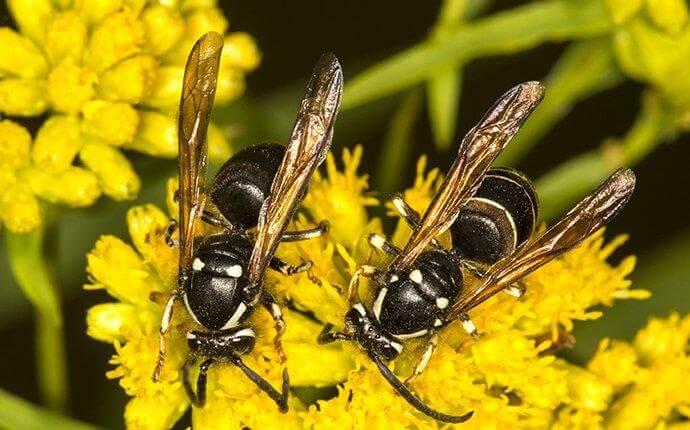
In Texas, March is truly the beginning of spring. Flowers are beginning to bloom and it’s finally warm enough to spend some quality time outside....
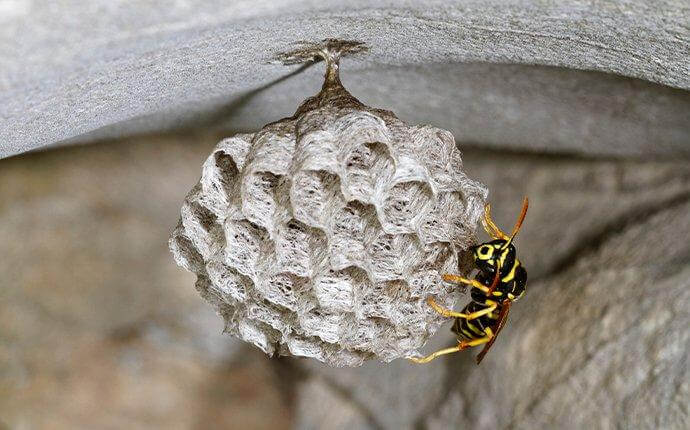
We all know that wasps can deliver painful stings and that it is a bad idea to allow nests to grow in our yards, but this knowledge isn't enough to...